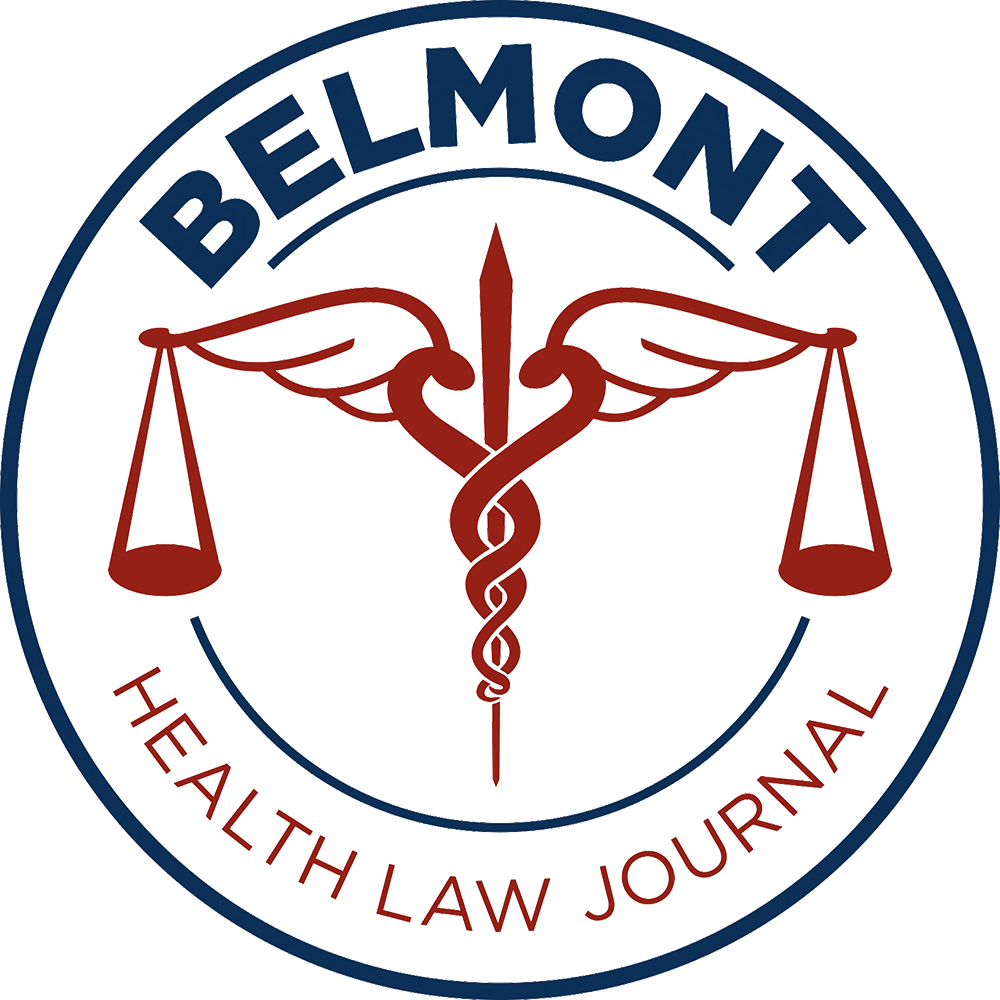Anthony Huber, Class of 2021, Belmont Law
On February 26, 2021, Principal Deputy Inspector General Christi Grimm of the Department of Health and Human Services – Office of the Inspector General (“OIG”) released a statement regarding telehealth and the potential to expand its coverage in the future. In its statement, OIG recognized that telehealth coverage and services have expanded in response to the consequential decisions made in response to emergencies surrounding the COVID-19 pandemic. In the early stages of the pandemic, OIG submits that it realized the value of increasing options related to accessing health care services. OIG stated: “Where telehealth and other remote access technologies were once a matter of convenience, the public health emergency made them a matter of safety for many beneficiaries.”
In its statement, OIG claims that the conversation concerning coverage expansion for telehealth services is mostly positive because it offers opportunities to increase access to services, decreases burdens for both patients and providers, and enables better care—including enhanced mental health care. OIG pointed to its own 2019 study to claim that “telehealth can be an important tool to improve patient access to behavioral health services.”
In its statement, OIG addressed its commitment to ensure that any additional telehealth policies and technologies are not compromised by fraud, abuse or misuse. OIG claims that it is conducting “significant oversight work assessing telehealth services” during the current public health emergency. Once OIG completes its assessments, it states that its reviews will “provide objective findings and recommendations that can further inform policy makers and other stakeholders considering what telehealth flexibilities should be permanent.”
Finally, as the national conversation surrounding telehealth continues, OIG maintains there is one shared goal: “ensuring that telehealth delivers quality, convenient care for patients and is not compromised by fraud.”
Works Cited:
